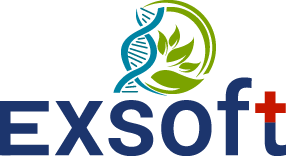
- As of 2019, Philips will not include Signify’s contribution in the reporting for Lives Improved.
- Building on the 1.54 Bn lives improved worldwide in the year 2018, Philips aims for a long-run, average yearly Lives Improved growth rate of approximately six percent resulting in 3 Bn lives improved per year by 2030.
- The firm aims to enhance access to healthcare in underserved sections of the society to 400 Mn people annually by 2030.
Royal Philips, a world leader in healthcare technology, recently declared that following the conclusion of its portfolio transformation to health technology, the business has restructured its Lives Improved goal in line with the time horizon of the UN 2030 Sustainable Development Agenda.
According to sources familiar with the development, as of 2019, Philips has terminated the inclusion of the contribution of Signify, which was formerly known as Philips Lighting, in its Lives Improved practice.
Sources further claimed that building on the 1.54 Bn lives improved worldwide in 2018 (apart from Signify), Philips now aims for an ambitious, average yearly Lives Improved growth rate of approx. six percent for the 2019–2030 time period, generating 3 Bn lives improved per annum by the year 2030.
According to a press release by Philips, out of these 3 billion lives, Philips aims to enhance access to healthcare in deprived communities for 400 Mn individuals annually by 2030.
Frans van Houten, the Chief Executive Officer of Royal Philips, was quoted stating that by providing pioneering business models and solutions that capitalize on advancements in connected technologies in the professional healthcare and consumer health verticals, the company is trying to shape the future of healthcare to empower people to lead healthy lives and have greater access to care.
Houten continued by stating that the company believes that enthusiastically supporting the United Nations Sustainable Development Goals through its external and internal initiatives will produce a multiplier effect that would positively influence the lives of 3 Bn people per year by 2030.

